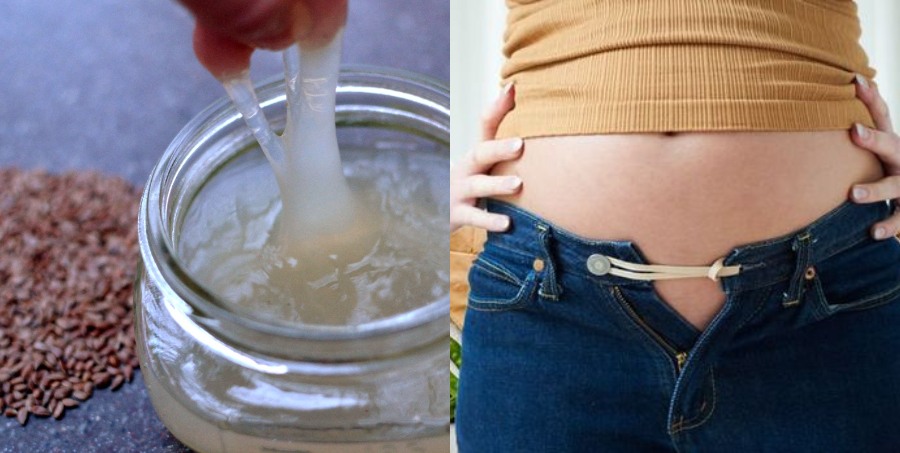While on a low fat diet, we remain constantly vigilant about the kind of food we should consume and the kind of food that we should avoid to prevent piling up of calories. Eggs, due to several myths has been denounced due to its high cholesterol content. Most of us love to have eggs as a part of our daily diet routine even if we are on a low-fat diet, but is it safe to have eggs when you are following such a diet? Do eggs help you in losing weight or add more weight when you eat them on a low fat diet? These are the common questions that will be answered in today’s post. Let’s break the myths and get to face the reality on can you eat eggs on a low fat diet.


How High are Eggs in Cholesterol and Fat Content?
It is a well-known fact that eggs have been a fabled name in the list of high cholesterol foods. A single egg contains around 210 mg of dietary cholesterol. However, researchers suggest our intake of saturated fats and trans fats have a greater impact on blood cholesterol levels than our intake of dietary cholesterol. So, eggs are a safer bet in that way. You might be wondering that eggs are a potent source of saturated and trans-saturated fats as they contain high amounts of cholesterol. We break your first misconception here. Eggs are not rich in saturated fat or trans fats. One egg has 5 grams of fat (about 8 percent of daily value), of which only 1.5 grams is saturated. In fact, most of the fat and cholesterol of an egg are contained in the yolk part and most of the protein is in the egg-white. If you are following a low fat diet, you should avoid the yellow yolk part of the egg and focus on eating the egg white. Also, you should also keep in mind that even though eggs do not contain a high amount of trans or saturated fats, the kinds of ingredients that are used in egg recipes do matter. For example, eggs if cooked in cheese or fried in bacon can be considered as a high-fat food. So, it is better to avoid it on a low-fat diet. There is no issue with having eggs, but the kind of ingredients that you have along with eggs should also be healthy.
Also, eggs come packed with nutrients. They are high on protein and contain more than a dozen vitamins and minerals, including iron, zinc, folate, phosphorous, riboflavin and vitamins A, D, E, and B-12. Some eggs also contain omega-3 essential fatty acids which reduces the chances of heart diseases in future.

How do Eggs Benefit your Body on a Low-Fat Diet?
The key idea to follow a low-fat diet is to aid in weight loss. Since an egg contains about 78 calories, they are high in nutrients but low in calories which is what we want to consume. Eggs are nutritionally very dense as they are very rich in proteins. So, when you have an egg diet, you remain full for most of the time and feel lesser pangs of unwanted food consumption. In other words, eggs help to reduce frequent snacking. Eggs are a rich source of all essential amino acids that are needed for the right maintenance and metabolism of the body. Eggs help to boost metabolism up to 80–100 calories a day through its thermal effect and aids in burning more calories.
When is the Best Time to Have Eggs?
In a low-fat diet, the best idea is to have eggs during breakfast. This is because an egg-based breakfast helps to control appetite throughout the day and keeps the calorie intake under control. This helps in enhanced-weight loss in people who are obese. Compared to other types of breakfast, egg breakfast is high on satiety index and automatically helps to eat about 270–470 calories less at lunch and dinner buffets. That being said, you will experience a better and stable glucose and insulin rise while inhibiting the hunger hormone.
How to have Eggs on a Low-Fat Diet?
Since the main target of a low-fat diet is to keep the fat content of consumed foods low, special care should be given while preparing egg recipes. Now, that we know that breakfast is the best time to incorporate eggs in your diet, we should also follow a healthy and nutritious way to have them. Eggs if eaten alone remain low in fat, but what if you cook it with loads of butter and cheese, does it remain low on fat then? Definitely, not. The ideal way to have eggs on a low-fat diet is to poach them, scramble them, boil or bake them or even make them into an omlette. In all these recipes, avoid addition of extra fats as it ultimately shoots up the calorie intake. Also, encourage cooking in non-stick pans where you don’t need to use butter. If you can’t skip adding cheese completely, add it in sparing amounts or with reduced-fat cheese contents.
In case, you are stricter about your low-fat diet, there are many egg-substitutes available. Don’t have the entire egg. Rather have the egg whites and skip the yellow yolk part. In this way, you make it totally fat free. There are also some varieties of eggs which lack many of the important nutrients found in “real” eggs and hence contain lesser amounts of fats and cholesterol.
How Many Eggs Should you Eat on a Low-Fat Diet?
By now, you must have understood that having eggs doesn’t cause any problem to the body until it is consumed in huge amounts. You should keep a check on the number of eggs you eat if you are focusing on weight loss. Modern studies have revealed that an individual should not consume more than a maximum of 3 eggs per day. However, the safest bet is to restrict to seven eggs per week as per previous dietary guidelines. You should also see the quality of eggs that you consume. For the healthiest egg diet, buy omega-3-enriched eggs or eggs from hens that are raised on pasture. At the end of the day, an egg diet when eaten in moderation and incorporated into a balanced diet is the best way to follow.
Now, summarizing the entire content of this article, “Yes”, you can have eggs on a low fat diet. They are on the healthiest food options on the planet and offer a huge number of health benefits. In a calorie and fat-controlled diet, eggs have a special role to play because they aid in weight loss. But you should never forget that eggs should be consumed in moderation even if they are heathy. Also, the number of eggs, the type of egg recipes, the quality of eggs consumed and the egg diet plan also play a pivotal role in this regard. We have broken all myths that have caused a bad reputation on having eggs in any diet. As health conscious folks, now that we have weighed out all the good and bad possibilities of incorporating eggs in a low-fat diet, following the egg diet with low-fat meals has become relatively easier. Go by these above guidelines and enjoy delicious eggs meals in the healthiest way possible!





